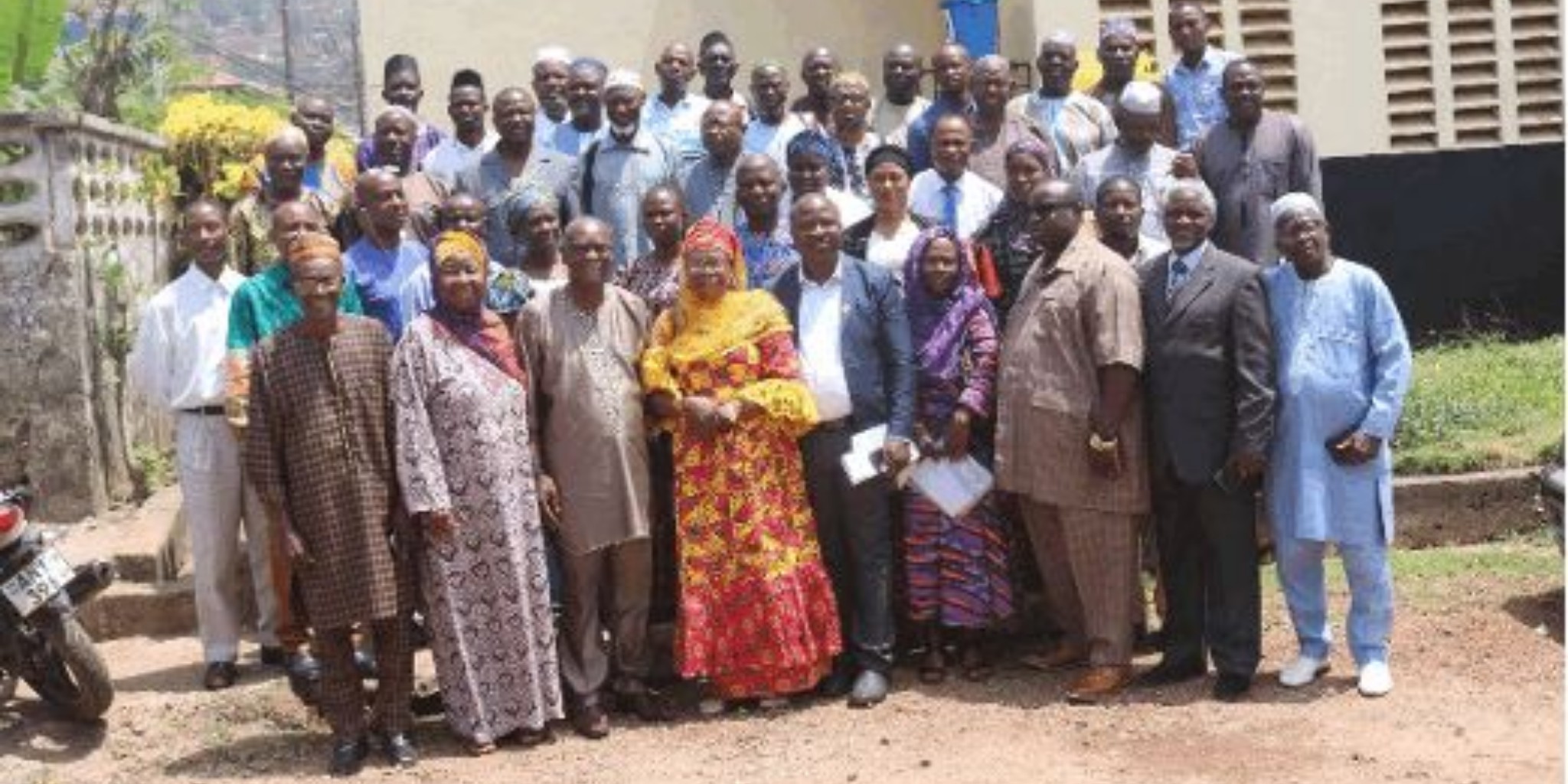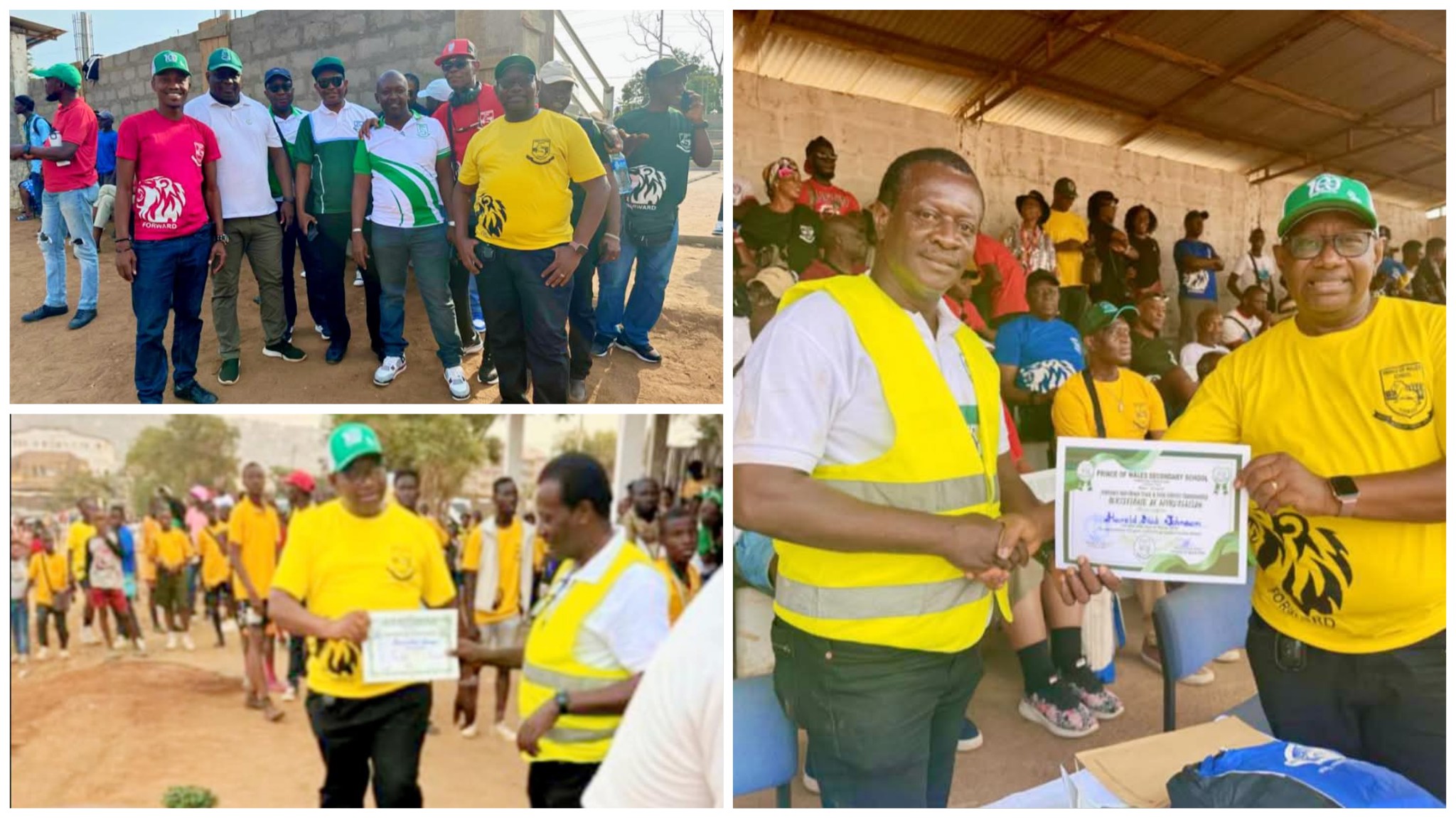
The Inter-religious Council of Sierra Leone (IRCSL) has raised significant concerns over the proposed Safe Motherhood and Reproductive Health Care Bill 2024, arguing that it undermines religious, moral, and ethical values while posing potential dangers to women and society.
Religious and Ethical OppositionThe IRCSL highlights that abortion, defined as the termination or disruption of pregnancy, carries profound religious and ethical implications.
It argues that the fetus is a human being whose life and personhood must be preserved, as taught by Islam and Christianity. Both religions, the council asserts, forbid the destruction of life but allow abortion only in cases where the mother’s life is in grave danger.
The council believes the draft bill promotes the liberalization of abortion by granting women unrestricted rights to terminate pregnancies.
This stance, it contends, contradicts Sierra Leone’s 1991 Constitution (Chapter III, Section 16), which enshrines the right to life, and disregards the sanctity of the fetus’s life.
Concerns Over the Bill’s ProvisionsThe IRCSL identifies several contentious aspects of the bill:Violation of the Right to Life:
The council considers abortion a form of murder, endangering both the fetus and the mother.
Freedom of Religion and Expression: Provisions against criticizing abortion allegedly infringe on religious freedom and freedom of speech, potentially silencing religious leaders and institutions.
Erosion of Family and Marriage Values: By empowering women to make abortion decisions independently, the bill undermines parental and spousal authority.
Promotion of Modern Sexuality Concepts: The inclusion of terms like “gender-based orientation” and LGBTQIA+ ideologies is deemed contrary to religious teachings.
Lack of Medical Preparedness: The IRCSL argues that liberalized abortion laws would strain Sierra Leone’s already under-resourced healthcare system, especially in rural areas.Global and Regional ComparisonsThe council notes that most African countries restrict abortion, allowing it only under extreme circumstances, such as to save the mother’s life.
It points to the failures of similar laws in Benin, Ethiopia, and South Africa, where unsafe abortions persist despite legalization.
Globally, the council highlights that many nations, including the United States, are moving away from liberal abortion laws.Scientific and Public Health Concerns
The IRCSL cites scientific findings that support a pro-life stance, emphasizing that life begins at conception and highlighting fetal development milestones such as heartbeat detection and brain activity in early pregnancy.
The council also challenges claims linking maternal mortality to unsafe abortions, asserting that reliable statistics on this issue are scarce in Sierra Leone.
Impact on Women and SocietyThe council argues that legalizing abortion could harm women by increasing risks such as hemorrhage, infections, and mental health issues, especially in regions lacking qualified medical personnel.
Additionally, it warns of societal consequences, including family breakdown, increased poverty, and higher rates of sexually transmitted diseases due to greater sexual promiscuity.
RecommendationsThe IRCSL urges the government to revise the draft bill, taking into account the ethical, religious, and social implications raised.
It recommends prioritizing maternal health by improving emergency obstetric care rather than liberalizing abortion laws.
Conclusion
The council calls for broader consultations with religious leaders, medical professionals, and civil society to ensure that any legislation aligns with Sierra Leone’s moral values, constitutional principles, and healthcare realities. It warns that the current bill risks undermining societal harmony, family stability, and the sanctity of life.



